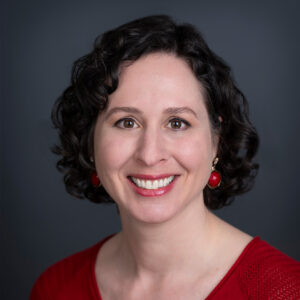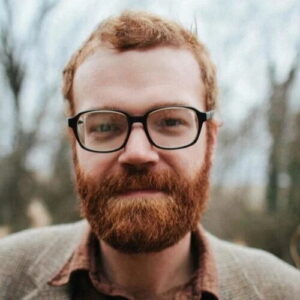Addressing Specific Learning Differences Through Learner-Centered Education: Evidence from Practice and Literature explores how learner-centered environments are meeting the needs of young people with specific learning differences—including dyslexia, dyscalculia, and dysgraphia—through inclusive, research-informed approaches. Drawing on both a literature review and findings from a study of three diverse learning environments, this brief highlights how learner-centered education embeds flexibility, belonging, and holistic development at its core. The findings point to six integral dimensions—safety, community, advocacy, adaptability, relevance, and choice—that together create conditions where every learner can thrive.
This brief is part of Education Reimagined’s Learning Differences Research Series, conducted with funding provided in part by Oak Foundation. While this brief focuses on policy navigation and regulatory frameworks, the research methodology and site profiles can be found in our Research Study Overview. For the complete series and additional resources, visit our Learning Differences page.

